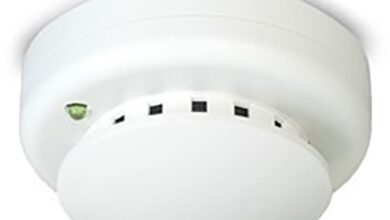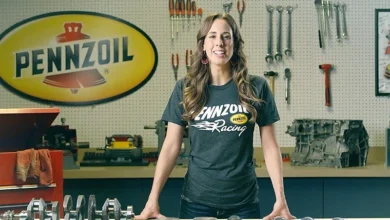allintitle:best air compressor for home garage

Equipping your home garage with the right tools is essential for any DIY enthusiast or professional mechanic. One indispensable tool that can enhance your workspace’s efficiency is an air compressor. Whether you’re inflating tires, operating pneumatic tools, allintitle:best air compressor for home garage or conducting various automotive repairs, the right air compressor can make a significant difference. In this article, we will explore the key factors to consider when choosing the best air compressor for your home garage.
-
Consider Your Power Source:
- The first decision you’ll need to make is whether you want an electric or gas-powered air compressor. Electric models are more common for home garages, offering convenience and ease of use. Gas-powered compressors are typically more powerful but are better suited for larger commercial settings.
-
Understand Cubic Feet per Minute (CFM):
- CFM is a crucial metric to consider when selecting an air compressor. It represents the volume of air a compressor can deliver in a minute. Make sure the compressor you choose provides enough CFM to operate your tools efficiently. Consider the highest CFM rating among the tools you plan to use simultaneously.
-
Tank Size Matters:
- The tank size of an air compressor determines how much compressed air it can store. A larger tank generally allows for longer tool operation before the compressor needs to kick in and refill. However, keep in mind that larger tanks also mean a heavier and bulkier unit. Consider a balance that meets your needs without sacrificing portability.
-
Check the Maximum Pressure (PSI):
- PSI (Pounds per Square Inch) is a measure of the air pressure delivered by the compressor. Most air tools require a specific PSI to operate optimally. allintitle:best air compressor for home garage Ensure that the compressor you choose can provide the necessary pressure for your tools. It’s a good idea to select a compressor with a higher maximum PSI to accommodate various tools.
-
Noise Level:
- Home garages often share space with living areas, and excessive noise can be disruptive. Look for air compressors designed with noise reduction features. Many manufacturers provide the decibel rating of their compressors, allowing you to choose a quieter option for a more pleasant working environment.
-
Portability and Storage:
- Consider the available space in your garage and how portable you need your air compressor to be. Some models come with wheels for easy transportation, while others are more compact and suitable for smaller spaces. Assess your garage setup to determine the ideal size and portability for your needs.
-
Oil-Free or Oil-Lubricated:
- Air compressors come in oil-free and oil-lubricated variants. Oil-free compressors require less maintenance but may have a shorter lifespan, while oil-lubricated models generally last longer but demand regular oil changes. Consider your preference and willingness to perform maintenance tasks when making this decision.
-
Brand Reputation and Reviews:
- Research various brands and read customer reviews to gauge the reliability and performance of different air compressors. Trusted brands often offer better warranties and customer support. Learning from the experiences of others can help you make an informed decision.
Conclusion:
Selecting the best air compressor for your home garage involves a careful consideration of your specific needs and preferences. By assessing factors such as power source, CFM, tank size, PSI, noise level, portability, and maintenance requirements, you can find the perfect compressor to enhance your garage’s functionality. Remember to prioritize quality and reliability, and don’t hesitate to invest in a reputable brand that aligns with your budget and expectations.




